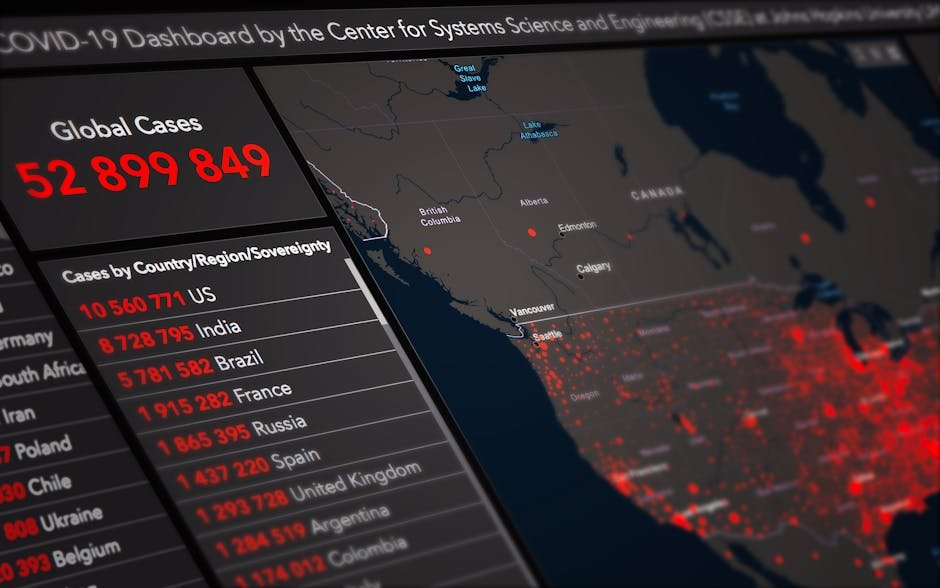Global Travel Industry Shows Strong Recovery in 2025, Despite Inflationary Pressures
The global travel industry experienced a significant rebound in 2025, demonstrating resilience against persistent inflationary pressures and lingering economic uncertainty. While challenges remain, the year saw a marked increase in both domestic and international travel, surpassing pre-pandemic levels in several key markets. This recovery, however, is not uniform across all sectors, with varying degrees of success observed depending on destination and travel type. Further analysis reveals a complex interplay of factors driving this resurgence and shaping the future of the industry.
Rising Air Travel Demand Fuels Industry Growth
Air travel, a key indicator of overall tourism health, showed remarkable growth in 2025. Major airlines reported increased passenger numbers, exceeding initial projections for the year. This surge in demand is attributed to pent-up travel desires following years of pandemic-related restrictions and a growing appetite for leisure and adventure travel. However, airlines also faced challenges related to rising fuel costs and labor shortages, leading to fluctuating ticket prices and occasional flight disruptions. These operational hurdles highlight the ongoing need for efficient resource management within the aviation sector.
Regional Variations in Air Travel
The recovery in air travel is not evenly distributed geographically. While North American and European routes experienced significant growth, certain regions in Asia and South America showed slower recovery rates due to factors such as persistent health concerns and slower economic recovery. These regional discrepancies underscore the need for targeted strategies to support tourism development in less-recovered markets. Further analysis of flight booking data is crucial to understand these regional differences and inform future investment decisions.
- North America: 25% increase in domestic flights, 15% increase in international departures.
- Europe: 20% increase in domestic flights, 18% increase in international arrivals.
- Asia: 10% increase in domestic flights, 8% increase in international arrivals.
- South America: 5% increase in domestic flights, 3% increase in international departures.
The Rise of Sustainable and Experiential Travel
The year 2025 witnessed a notable shift in travel preferences, with a growing emphasis on sustainable and experiential travel options. Conscious travelers increasingly prioritized eco-friendly accommodations, responsible tour operators, and activities that minimize environmental impact. This trend indicates a growing awareness of the industry’s environmental footprint and a desire for travel that aligns with personal values. This shift presents both opportunities and challenges for businesses, requiring adaptations to meet the evolving demands of environmentally conscious consumers.
Impact of Sustainability on the Travel Industry
The rising popularity of sustainable tourism has created new market niches and business models. Companies offering carbon-offsetting programs, eco-lodges, and sustainable tour packages reported strong growth in 2025. This trend reflects a larger societal shift towards environmental responsibility and suggests that sustainability will play an increasingly significant role in shaping the future of the travel industry. Failure to adapt to these evolving consumer preferences could lead to significant economic disadvantages for businesses in the sector.
Economic Challenges and Inflationary Pressures
Despite the overall positive growth, the travel industry in 2025 faced significant headwinds due to persistent inflation and rising living costs. Higher prices for flights, accommodation, and other travel-related expenses impacted consumer spending and limited accessibility for budget travelers. This economic reality created a complex scenario, with increased demand countered by affordability concerns. Innovative pricing strategies and targeted marketing campaigns were crucial for navigating this challenging economic landscape.
The Impact of Inflation on Travel Spending
Data indicates that inflation disproportionately impacted lower-income travelers, limiting their participation in the rebounding travel sector. While high-end travel segments continued to thrive, budget travel options faced increased pressure. The industry’s ability to cater to a diverse range of budgets will be crucial for long-term sustainability and broad-based growth. This highlights a critical need for addressing issues of equity and accessibility within the industry to ensure participation from all segments of society.
Technological Advancements Reshape Travel Experiences
Technological advancements continued to transform the travel experience in 2025. The widespread adoption of mobile booking apps, AI-powered travel planning tools, and personalized travel recommendations simplified the process for travelers. These innovations provided convenience and efficiency, enhancing the overall travel experience and driving further growth within the industry. However, data security and privacy remain significant concerns within the digital travel space.
The Role of Technology in Future Travel
Artificial intelligence (AI) and machine learning are projected to play an increasingly prominent role in shaping future travel experiences, offering personalized recommendations, predictive pricing models, and enhanced customer service. The successful integration of these technologies will be crucial in maintaining a competitive edge and enhancing customer satisfaction in a rapidly evolving market. Furthermore, blockchain technology offers potential solutions to address issues of trust and transparency within the travel industry.
Conclusion: A Year of Resilience and Transformation
The year 2025 showcased the remarkable resilience of the global travel industry, demonstrating its capacity to recover from significant disruptions. While inflation and economic uncertainties posed challenges, the sector showed remarkable adaptability. The rising demand for sustainable and experiential travel, coupled with technological advancements, signals a transformation towards a more responsible and personalized travel sector. However, the industry must continue to address ongoing challenges like affordability, sustainability, and data security to ensure inclusive and sustainable growth in the years ahead. The long-term outlook remains positive, contingent on proactive adaptation to the ever-changing global landscape.







